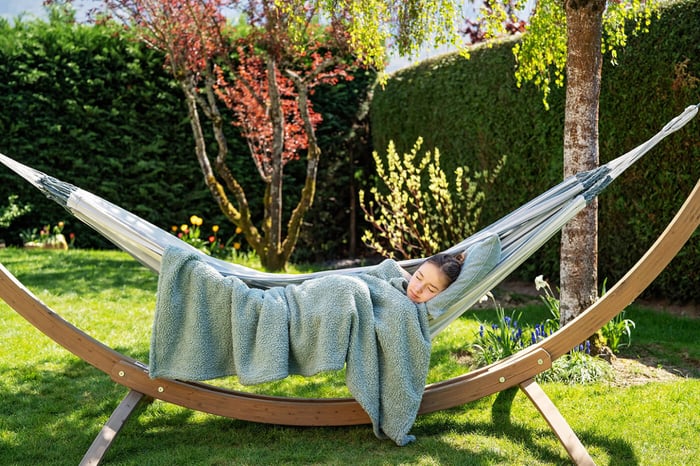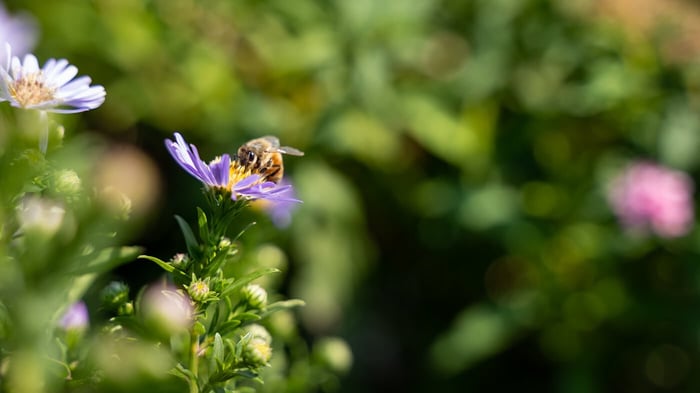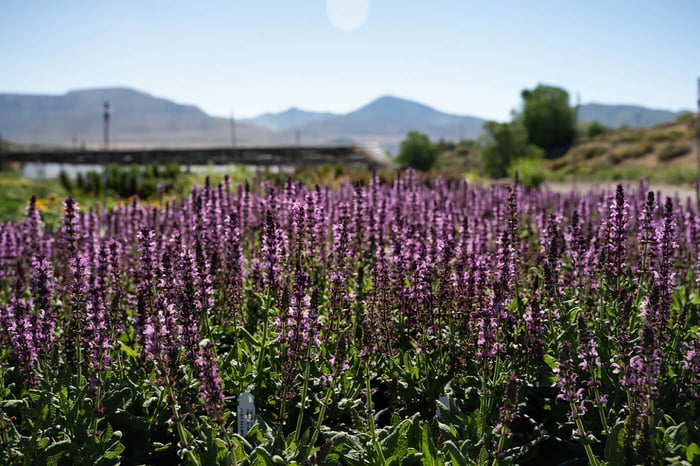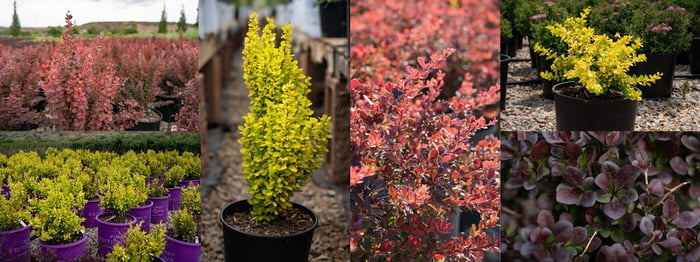There are numerous published studies describing the effects of noise on individuals. According to these studies, noise is more than just a nuisance. It can lead to hearing loss, obviously, but there are a slew of other issues that noise can create. Noise disrupts our sleep, and inadequate sleep contributes to obesity, cardiovascular disease, and a diminished ability to focus, among other things.

If that were all, there would be more than enough reasons to reduce the noise around us, but that’s not all. For example: enough evidence exists to link cardiovascular disease to noise alone, regardless of sleep. Noise contributes to social handicaps, reduced productivity, absenteeism, and accidents. And we don’t need a scientific study to tell us that noise can inhibit our ability to enjoy our own property and leisure time.

But noise is not all bad.
Noise is the result of action. It’s difficult to do anything without making noise. What are we supposed to do? Demand that our neighbors fix their motorcycle indoors? Ask their children to practice violin in a sound-proof room? Muzzle their dogs? Your neighbors may not take too kindly to that. They may retaliate by asking you to mow your lawn with fabric scissors. So, what can we do, short of living our lives in noise-canceling headphones?
Incrediball Blush Hydrangea adds a striking pop to your yard!
Plants are a huge part of the answer.
Neighborhoods are designed to be echo chambers. Large, hollow spaces filled with hard, nonporous surfaces, will reflect sound, produce unwanted echoes, and amplify ambient noise. To combat that, we need to soundproof our yards.
We all know that the basic way to soundproof a room is to line the walls (and sometimes the ceiling) with thick, soft material—blankets, tapestries, foam panels, carpet, even moving mats. The idea is that the more surfaces the sound has to pass through, the more muted it becomes. Eventually, the sound vibrations will stop completely. Plant material can play a similar role in your outdoor spaces.
Fine Line Fern Leaf Buckthorn is a wonderful shrub for hedges and privacy screens.
For instance, a two-foot thick hedge can decrease the noise level in your yard by up to four decibels. If you increase the width of plant material by planting a bed of shrubs and perennials in front of your hedge, you can decrease the noise in your yard by more than seven decibels. Even better, if you build up a berm and plant your hedge on top of the berm with other material on and around the berm, you could reduce noise by up to 15 decibels, which the human ear perceives as nearly half as loud. Doing this not only benefits you, but it also benefits your neighbors. You hear less from them and they hear less from you.
Purple Smoke Bush and Golden Privet make a wonderful color combination that stands out in any landscape.
Plants Add Pleasant Noise.
Not all noises are equal. Some sounds have a healing, rejuvenating effect. The sound of leaves rustling in the breeze, songbirds, and flowing water have a way of invigorating our soul. The healing effect of nature is measurable—so much so that many hospitals are designing ways to incorporate more green spaces in and around their buildings to improve the healing environment. So, when you add plant life to your property to decrease unwanted noise, you’ll also increase the healing sounds of nature, making your yard more inviting for your friends, family, and wildlife.
We’re certain you already knew all of this, or at least suspected it. But now you have one more reason to explain to your friends why you just have to have that amazing plant you saw the other day.








